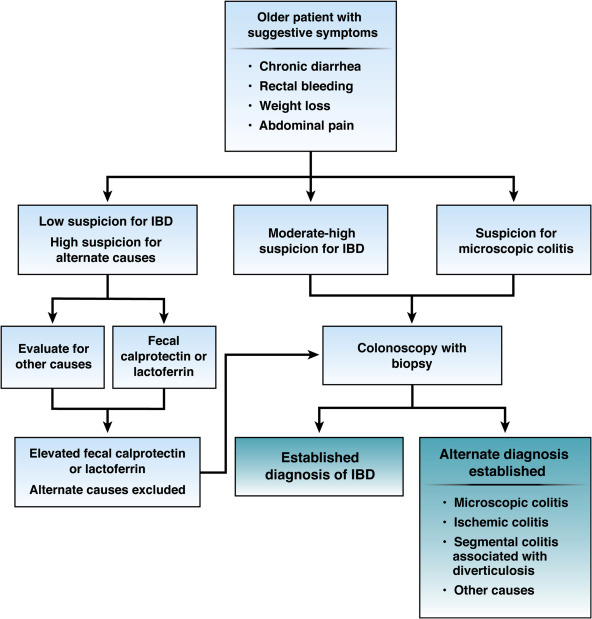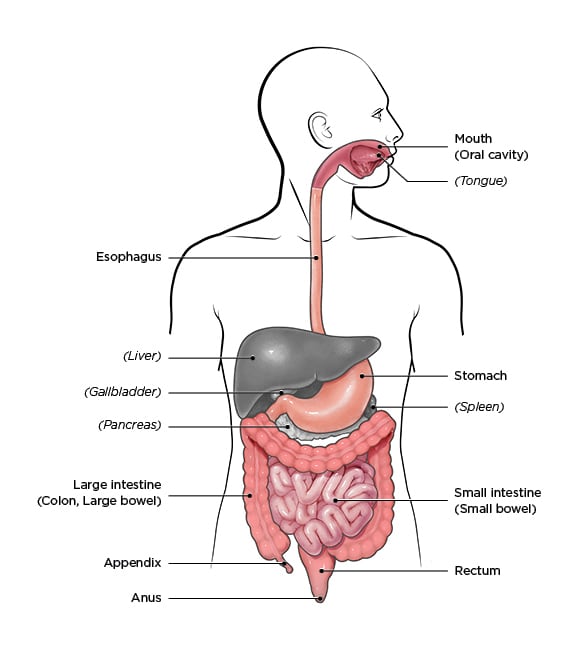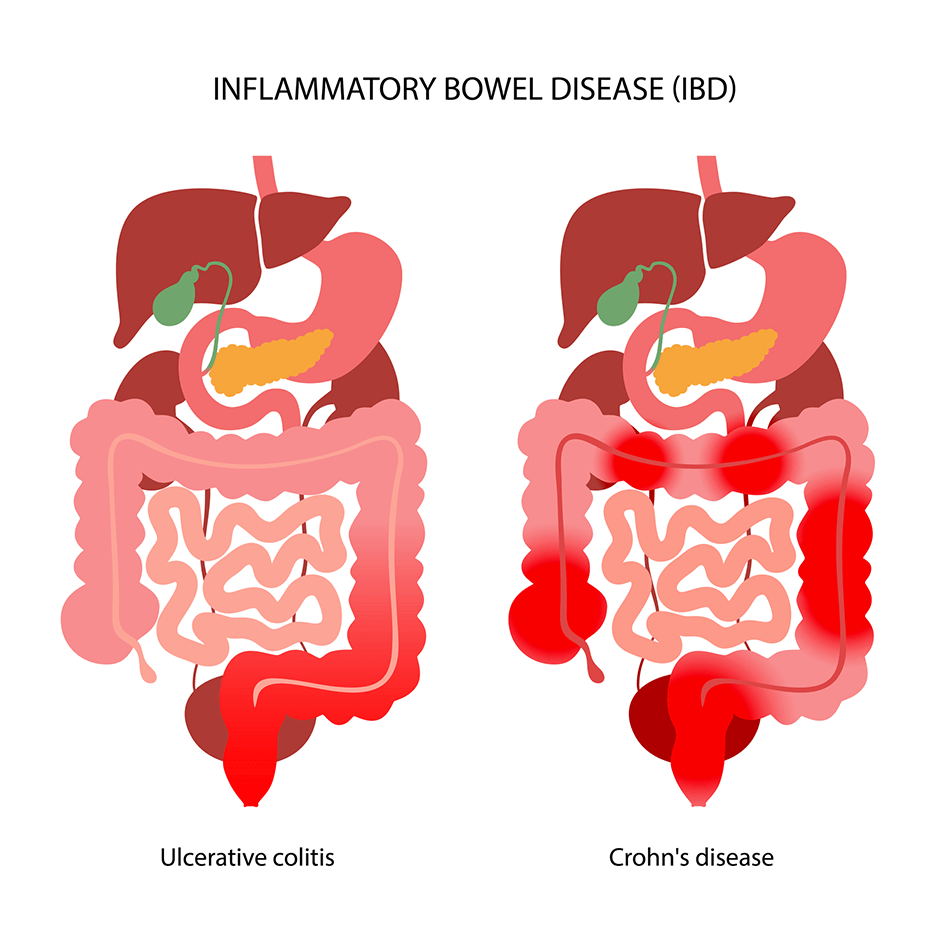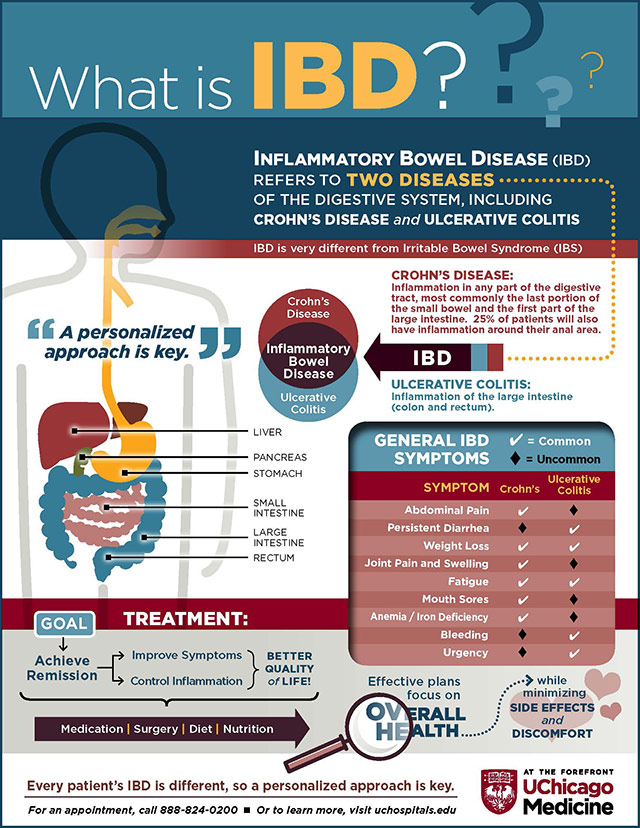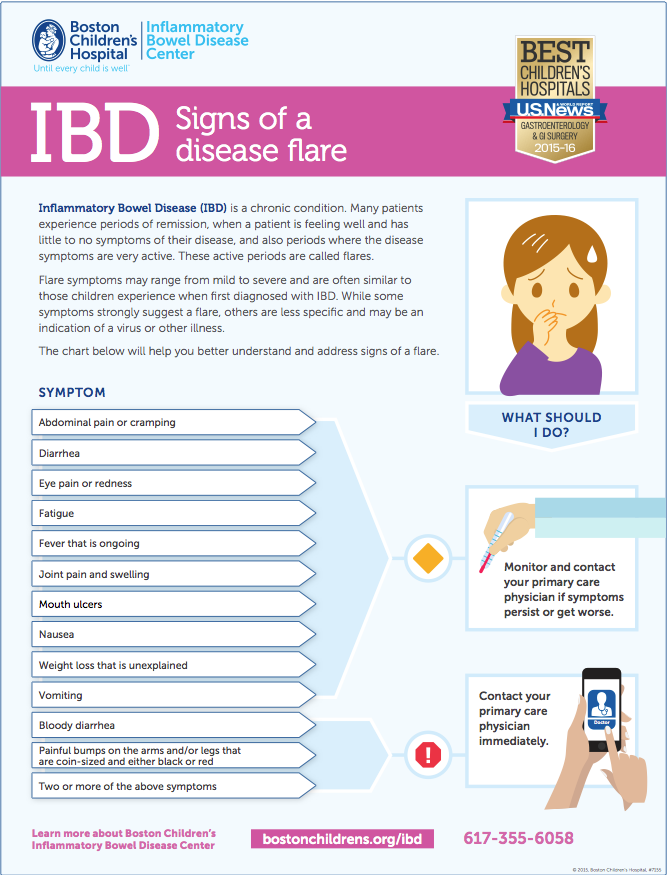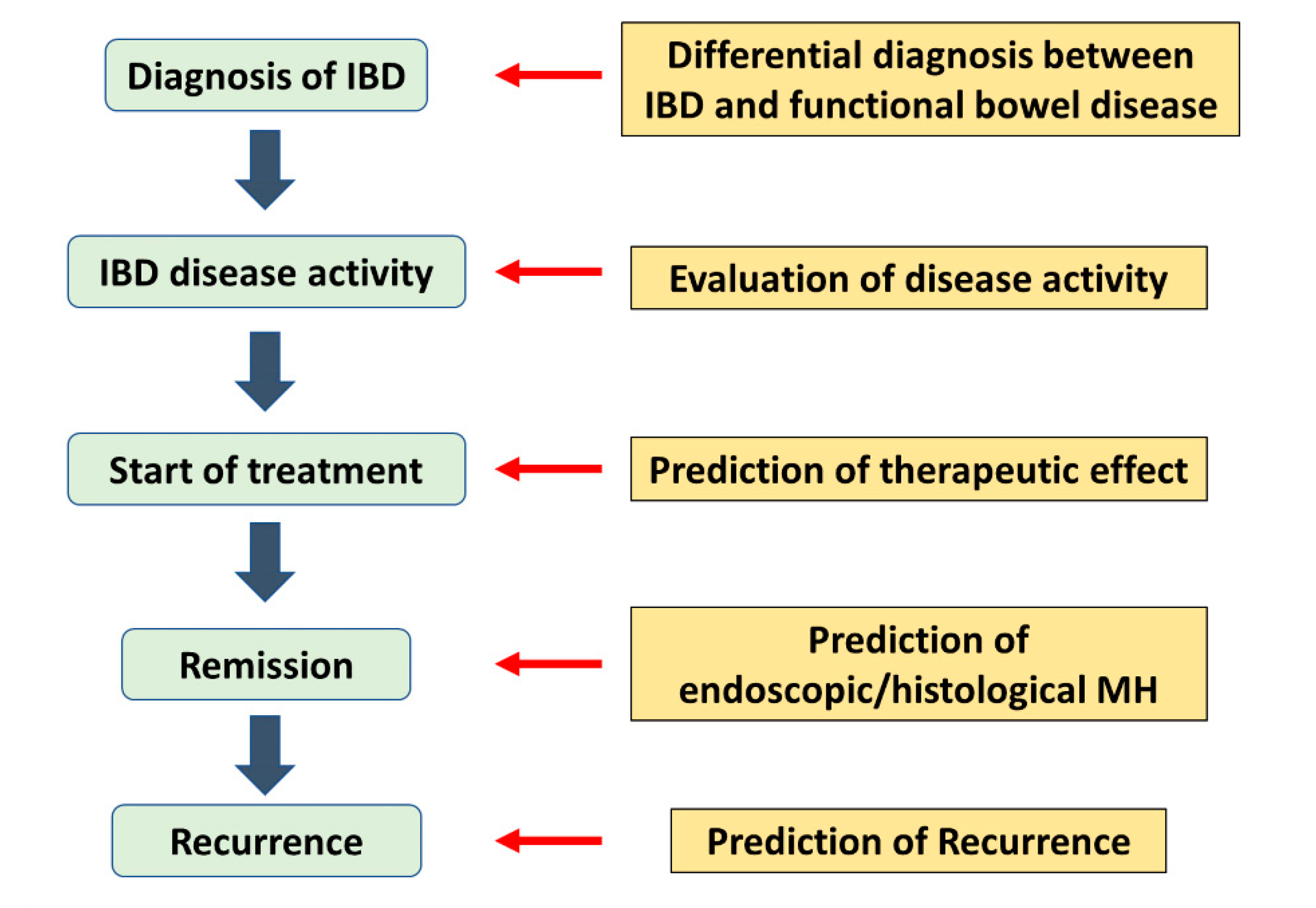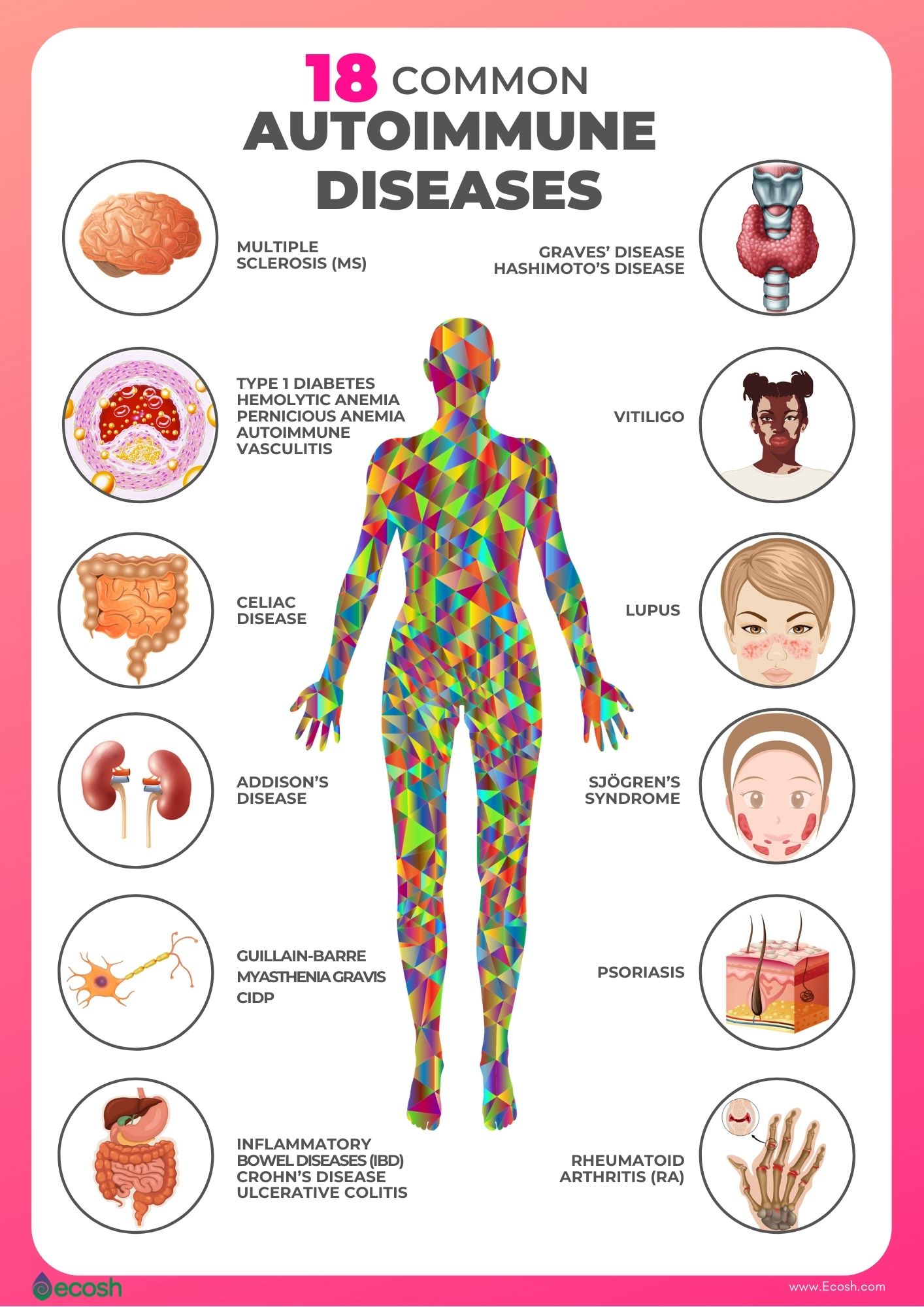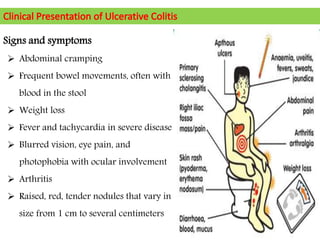Neat Tips About How To Diagnose Inflammatory Bowel Disease

Because the symptoms of ibd overlap with those of several other conditions, including infections and other digestive system disorders, your doctor.
How to diagnose inflammatory bowel disease. Typically, the process of diagnosing ibd will include: But both are types of inflammatory bowel disease, or ibd, which means you have inflammation in your digestive tract. Pain, cramps or swelling in the tummy,.
A biopsy is the only way to determine whether you have ibd and how severe it is. In some cases, doctors may order tests to rule out. People of any age can get ibd, but it's usually diagnosed between the age of 15 and 40.
In inflammatory bowel disease, or ibd, there is persistent inflammation in the gastrointestinal tract. Expert answers to your questions. There is no single test to diagnose ibd.
Learn basic information about inflammatory bowel disease (ibd), symptoms, causes, diagnosis and treatment. No single test can diagnose either condition. Your doctor makes the diagnosis of inflammatory bowel disease based on your symptoms and various exams and tests:
A doctor uses an instrument called an endoscope (a thin tube with a light and camera attached) to look inside your colon and rectum. But these two types of inflammatory bowel disease (ibd) are common, painful and serious,. The small intestine is the most common site of crohn’s disease.
Find out these signs & symptoms that you should know. Crohn’s disease and ulcerative colitis. 2,3 taking the patient’s medical history performing a physical examination laboratory testing of the patient’s blood and stool.
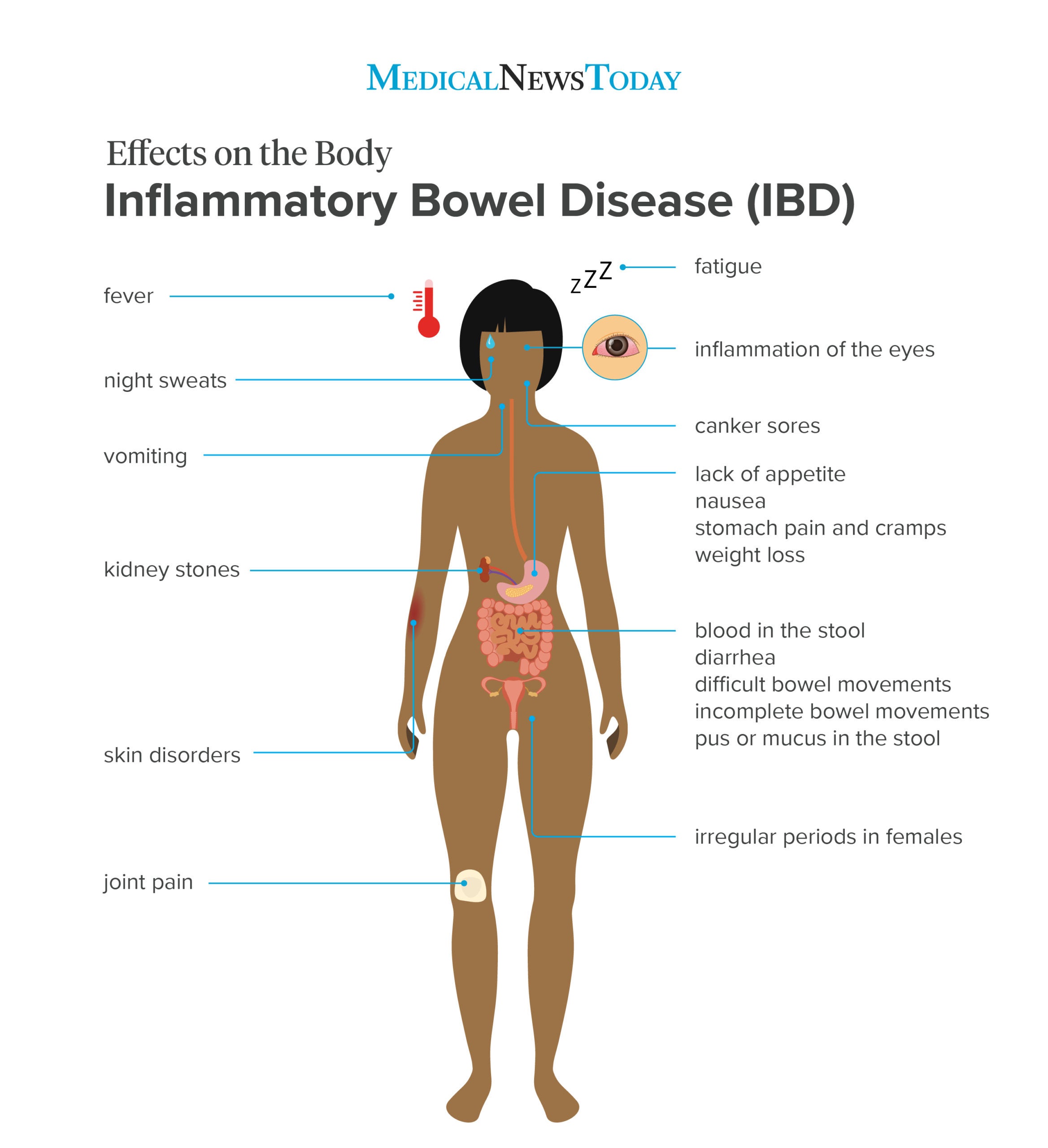
:max_bytes(150000):strip_icc()/ibd-diagnosis-1942637-ADD-FINAL-V2-7b15328088a94c67a780981fddca4402.png)


